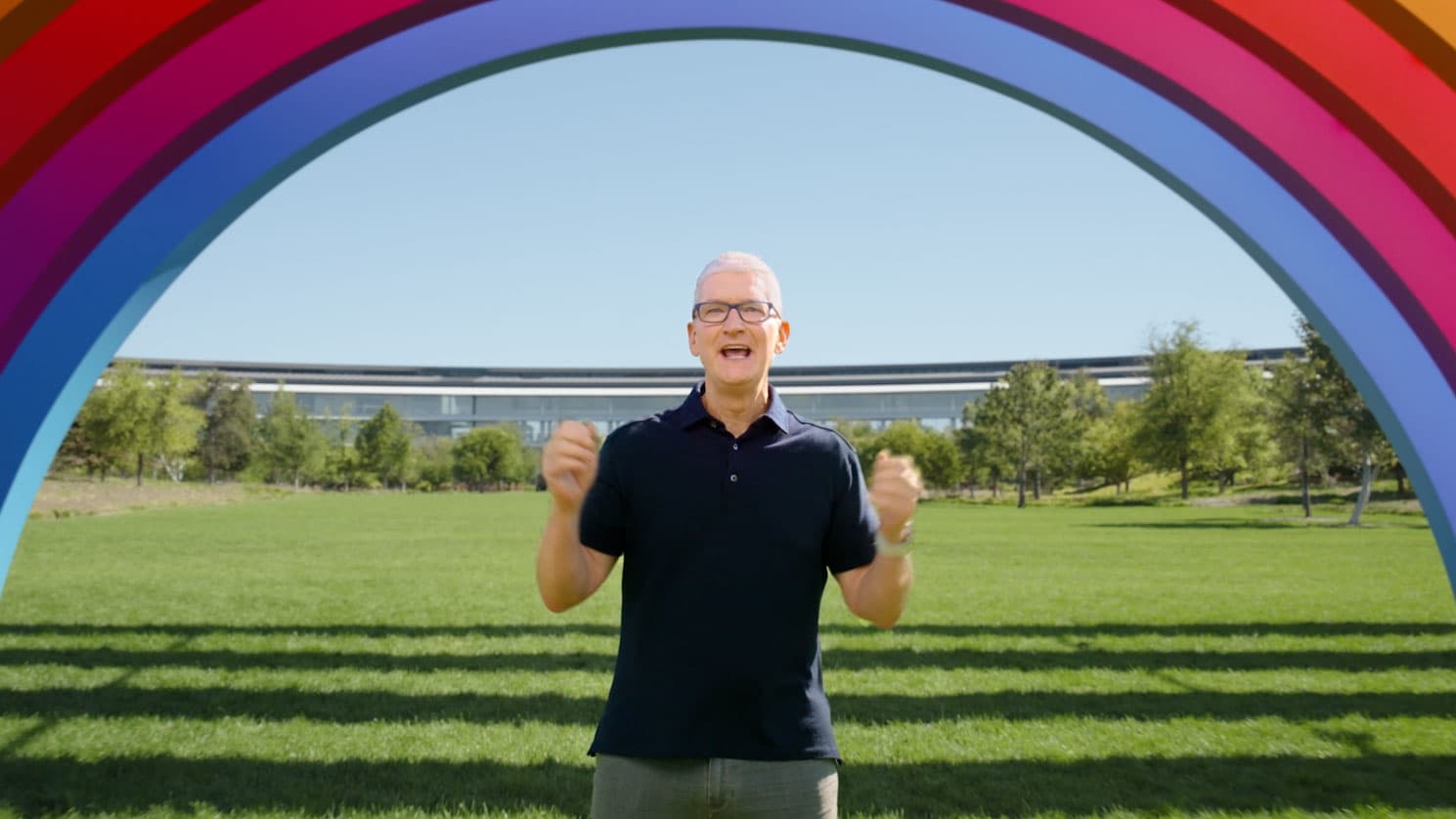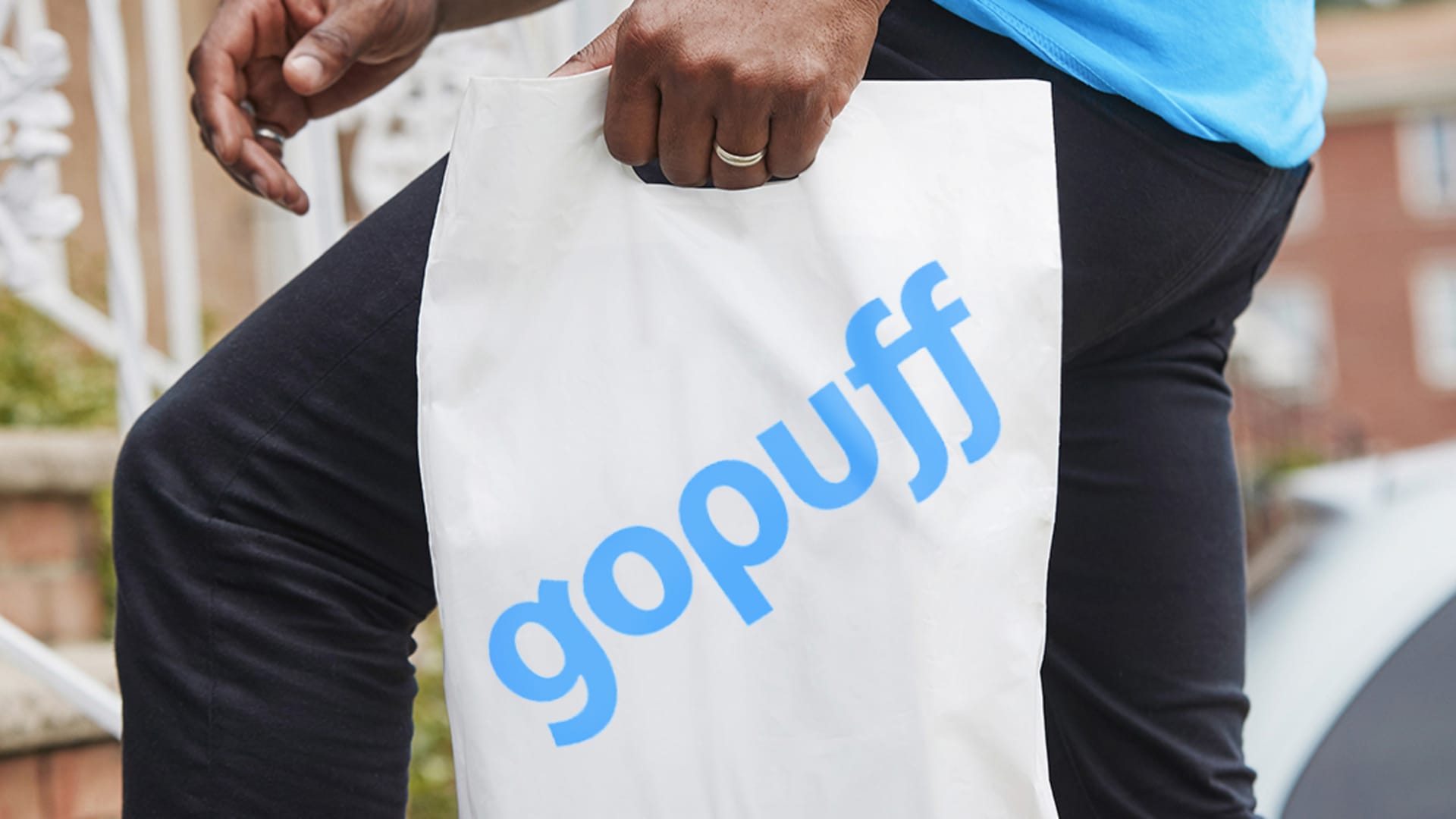Technology
Monday, June 10th, 2024 2:08 pm EDT
Key Points
- Microsoft’s Partnership with OpenAI: Microsoft is heavily investing in and relying on OpenAI for the development of its top AI tools and software, a move that positions Microsoft as an AI consultancy rather than a direct innovator. This reliance raises concerns about Microsoft’s long-term role in the AI industry and gives Google an advantage in maintaining its in-house R&D capabilities.
- Google’s AI Innovations and Challenges: Google has pioneered key AI technologies, such as transformers, which are fundamental to generative AI. Despite its groundbreaking research, Google faces commercial challenges, including public mistakes with its AI chatbot, Gemini. These issues highlight the difficulties in achieving commercial success and maintaining a competitive edge in AI.
- Investment and Regulation Concerns: The development of advanced AI models requires substantial financial backing from major tech companies. This significant investment raises competition concerns and potential regulatory challenges. McKinnon warns that issues like disinformation could lead to stringent regulations, potentially consolidating AI control among a few powerful companies and stunting technological progress.
Microsoft’s decision to entrust the development of its premier artificial intelligence (AI) tools and software to OpenAI is sparking debate among tech leaders, potentially benefiting competitors like Google. According to Todd McKinnon, CEO of identity security firm Okta, Google has maintained its edge in AI by retaining in-house research and development capabilities, unlike Microsoft, which he suggests is becoming more of an AI consultancy. McKinnon highlights that the transformers powering generative AI, essential for advancements in large language models (LLMs), originated from Google’s DeepMind research.
This reliance on OpenAI for cutting-edge AI innovations raises concerns about Microsoft’s role in the AI landscape. The company has heavily invested in OpenAI, with total contributions reaching around $13 billion, aiming to propel AI breakthroughs and democratize their benefits. McKinnon finds this approach peculiar, implying that Microsoft’s identity might shift towards consultancy as OpenAI spearheads AI advancements. Despite this, Microsoft remains a key player in foundational AI models, challenging Google’s dominance in search as users increasingly turn to AI-driven tools like ChatGPT.
Google, however, faces hurdles in commercializing its AI endeavors. Its AI chatbot Gemini, previously known as Bard, suffered setbacks due to public errors and the generation of ahistorical images, leading to the temporary withdrawal of its image generator tool. These missteps underscore the challenges Google faces in maintaining its competitive edge in AI.
McKinnon points out that unlike previous technological advancements such as personal computers, which were driven by smaller, disruptive companies, AI development requires substantial backing from major tech firms. He emphasizes that the success of AI models like those from OpenAI stems from massive investments, exemplified by Microsoft’s $10 billion contribution, underscoring the non-disruptive nature of this technological evolution.
Furthermore, McKinnon raises concerns about the implications of these significant investments by tech giants on the competitive landscape and regulatory environment. He fears that issues like AI-generated disinformation could hinder technological progress and lead to stringent regulations, potentially consolidating control over AI in the hands of a few powerful companies. This scenario could stifle innovation and limit the broader benefits of AI advancements.
Overall, McKinnon’s insights reveal a complex interplay between major tech companies in the AI sector, highlighting the strategic decisions, challenges, and potential regulatory impacts that will shape the future of artificial intelligence.
For the full original article on CNBC, please click here: https://www.cnbc.com/2024/06/10/microsoft-outsourcing-best-ai-google-could-end-up-winning-okta-ceo.html



